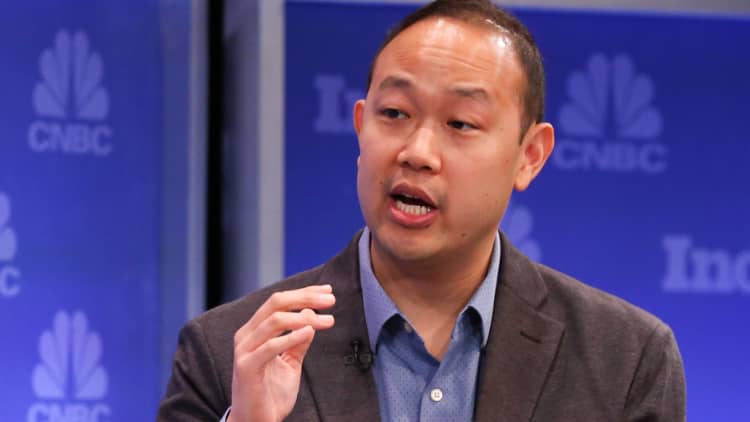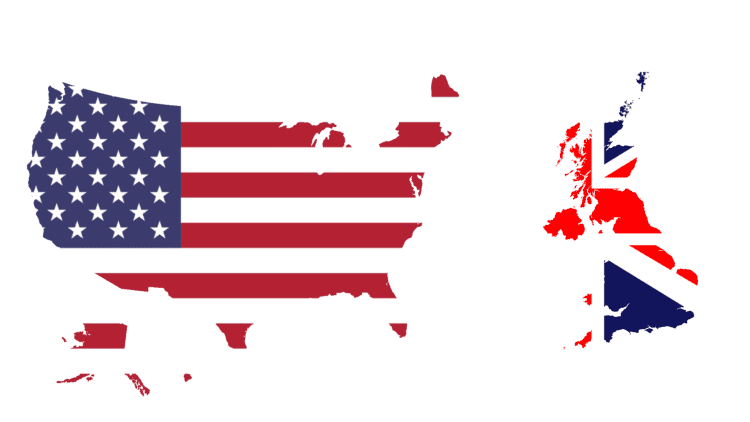Even the most successful people have faced money woes. That includes Canadian literary icon Margaret Atwood, best-selling author of "The Handmaid's Tale" and "Alias Grace."
Atwood worked as a teacher after graduate school and wrote on the side. Following the publication of her early novels "The Edible Woman" and "Surfacing" in the early 1970s, she was able to quit her job and pursue writing full-time.
As her career began to take off, Atwood realized she'd be fine financially. She'd get by. Yet money stayed top of mind.
"I've never stopped worrying about money," she tells Wealthsimple. Although her own finances are in order, "Now, I worry about money for other people and I worry about income inequality. It makes for a very unhappy society."

Atwood has been acutely aware of the role of money since she was a young girl. Growing up in Ontario and Quebec, Canada, by age eight she was "wheeling babies around in strollers in the snow for twenty-five cents an hour." By 13, she had landed a job teaching a puppetry class at a local school.
Atwood even put her entrepreneurial skills to work and parlayed her puppetry expertise into a small business performing at children's parties. Throughout high school, she worked a series of odd jobs, including as a cashier, waitress and archery instructor, she tells Wealthsimple.
Although she wasn't earning a lot early in her career, Atwood says her frugal habits allowed her to get by as a struggling writer. "I once lived in a rooming house with a hot plate. I was eating boil-able vegetables from a plastic package and Kraft Dinner," she says. "I didn't have a fridge. I had to do my dishes in the communal bathtub."
Atwood always made sure to do her due diligence when it came to prioritizing her own spending, too. "I hate being in debt," she says. "I always pay my credit card on time. I will go without rather than go into debt. I don't go into hock over things I can't pay for."

She's always made things work. To her, "money is a symbol" that stands for independence and self-reliance.
"I was never told that I should marry a rich man and lie around in a negligee and eat chocolates," she says. "I've always been expected to support myself and I always have."
As for income inequality, Atwood is far from the only one concerned. A recent report from global charity Oxfam reported that 82 percent of the money generated last year went to the richest 1 percent of people in the world. Meanwhile, the poorest half of the global population saw no increase in their wealth at all.
"The concentration of extreme wealth at the top is not a sign of a thriving economy but a symptom of a system that is failing the millions of hard-working people on poverty wages who make our clothes and grow our food," Mark Goldring, chief executive of Oxfam GB, said of the report.
Don't miss:
- You may be paying off your credit card debt wrong—here's the best way
- The No. 1 mistake Americans make when saving for retirement
- Here's how much you have to earn to live comfortably in every US state
Like this story? Like CNBC Make It on Facebook!



